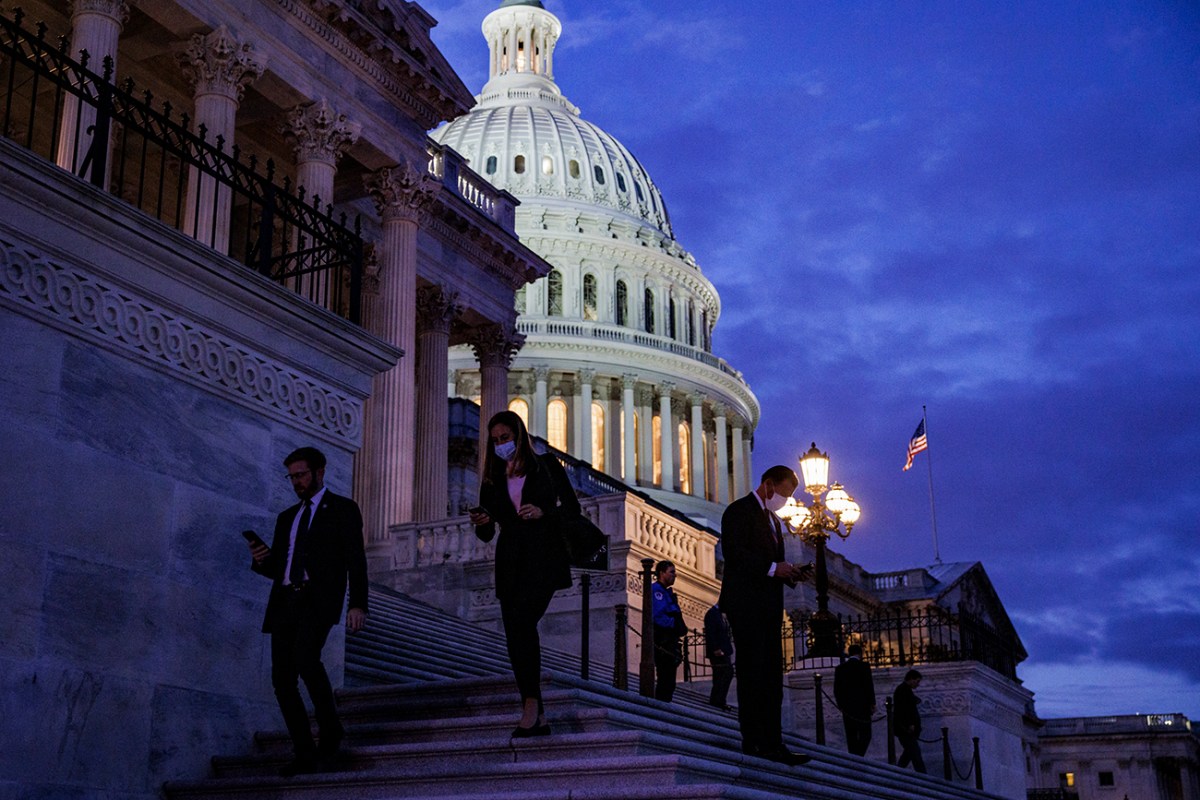
Toyota Exec Says EV Tax Credits Are “Bad Public Policy”
The battle for the new EV tax credits is heating up. President Joe Biden’s administration has incorporated higher tax credits in its “Build Back Better” agenda. The legislation would see EVs built in union factories become eligible for an additional $4,500 tax credit on top of the $7,500 available to nonunion-made EVs. However, automakers are becoming increasingly outspoken against the bill.
Lead Toyota executive says new EV tax credits plan is “bad public policy”
In an interview with CNBC, Toyota North America Executive Vice President Bob Carter lambasted the new plan for higher EV tax credits. “There’s no other way to put this; this is just bad public policy,” said Carter. “It’s bad for consumers, it’s bad for U.S. autoworkers, and it’s bad for the environment.”
Toyota is doing more than just speaking out against the EV tax credits in interviews. Automotive News reports that Toyota has launched an ad in major newspapers across the country, such as the New York Times and The Wall Street Journal, asking Congress to “put politics aside.” The ad also asks Congress to apply the EV tax credits equally to all EVs built in the United States.
“What does this say to the American autoworker who has decided not to join a union? It says that their work is worth $4,500 less because they made that choice,” states the ad.
“What does this say to the American consumer?” continues the ad. “It says that if they want to buy an electric vehicle not made by Ford, General Motors or Chrysler, they will have to pay an extra $4,500 — which is about $100 more per month over a four-year period.” That last bit of the ad is a point that Carter echoed in his CNBC interview.
The interview and the newspaper ad are not the first time Toyota has publically spoken out against the new EV tax credit bill. The Japanese brand joined other automakers in penning a letter to Congress asking them to reconsider the bill.
The proposal is meant to encourage manufacturers to allow their employees to unionize

The increased EV tax credit proposal is spearheaded by Michigan Representative Dan Kildee (D) and joined by over 100 Democrats. “We lift the cap on the current EV tax credit, making the base consumer credit available for every automaker — foreign and domestic,” said Kildee in a statement. Kildee is referring to the $7,500 base EV tax credit that would apply to every EV made in the United States that goes into effect in 2027.
Rep. Kildee’s stance is that foreign automakers with plants in the United States should treat employees equally. “It is important to note that while many foreign automotive companies have unionized workforces in their home countries, they do not treat their American workers the same way,” Kildee said. “When we spend American tax dollars, we should invest in American jobs that pay industry-leading wages and benefits and ensure the strongest worker protections.”
As you might expect, the United Auto Worker (UAW) union favors the new EV tax credits. UAW President Ray Curry described the legislation as a “win for auto manufacturing workers.”
The UAW President believes that the EV tax credit plan “supports good-paying union jobs and stands to benefit our country for decades to come.” Curry continued by saying, “In addition, this framework encourages nonunion manufacturers to let their workers freely organize.”
At least eleven Republican representatives are against the EV tax credits

Toyota is not the only interested party that opposes the new EV tax credits. Eleven Republican governors, all of which represent states that house nonunion automotive production factories, have spoken out against the EV tax credit legislation.
The governors sent a letter to U.S. House and Senate members stating that they are “deeply concerned that Congress is considering legislation that gives union labor a competitive advantage over nonunion labor.”
It is difficult to predict how this conflict will conclude. Will automakers such as Toyota, Tesla, and others allow their employees to unionize so that their EVs can remain competitive? Or will the Biden administration succumb to the increasing pressure and rewrite the legislation?
No matter the result, it will have major implications for the future of electric vehicles in the United States.


